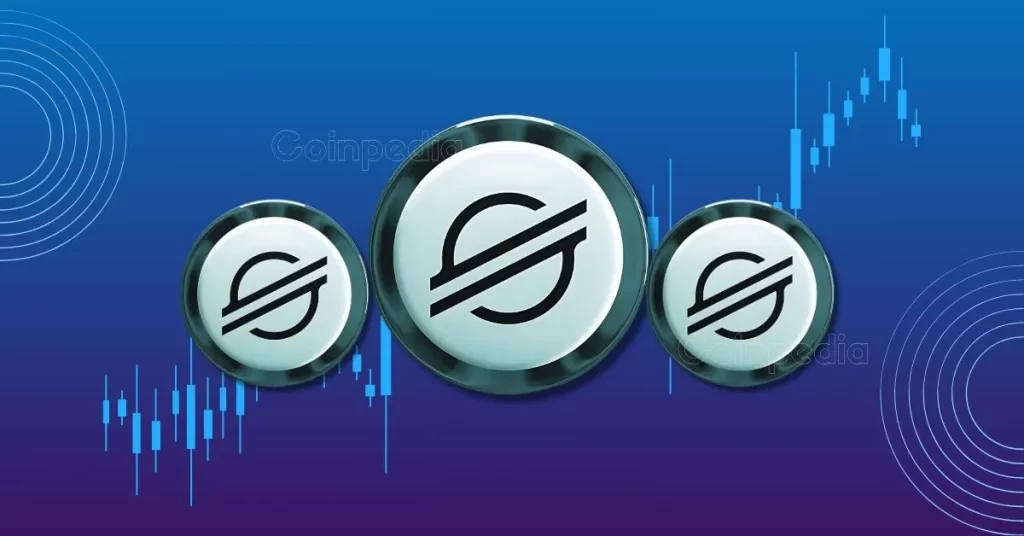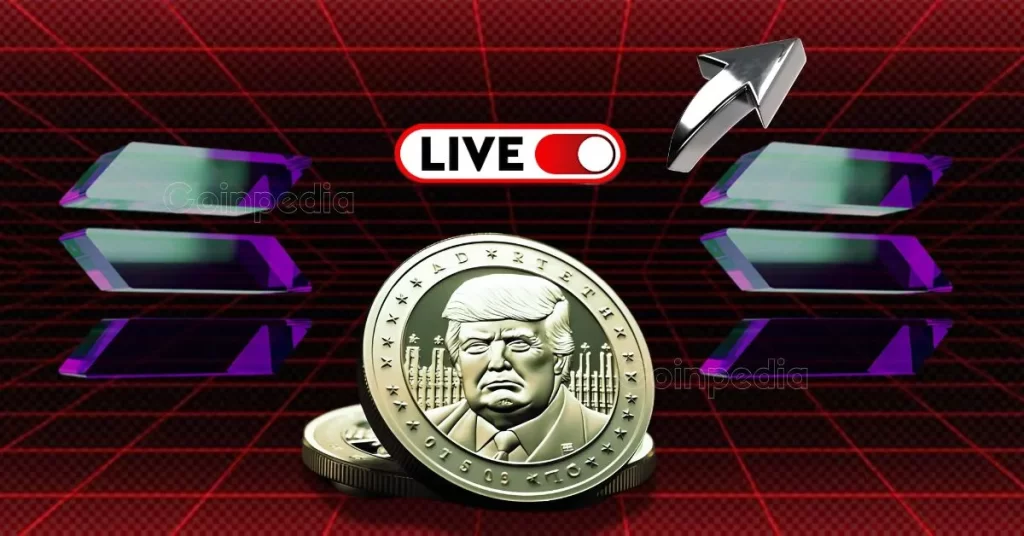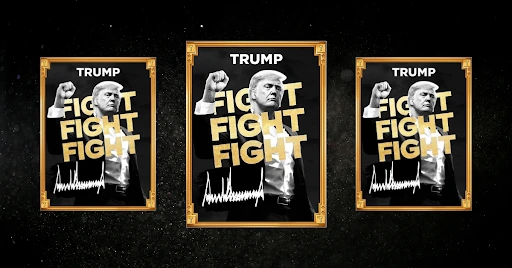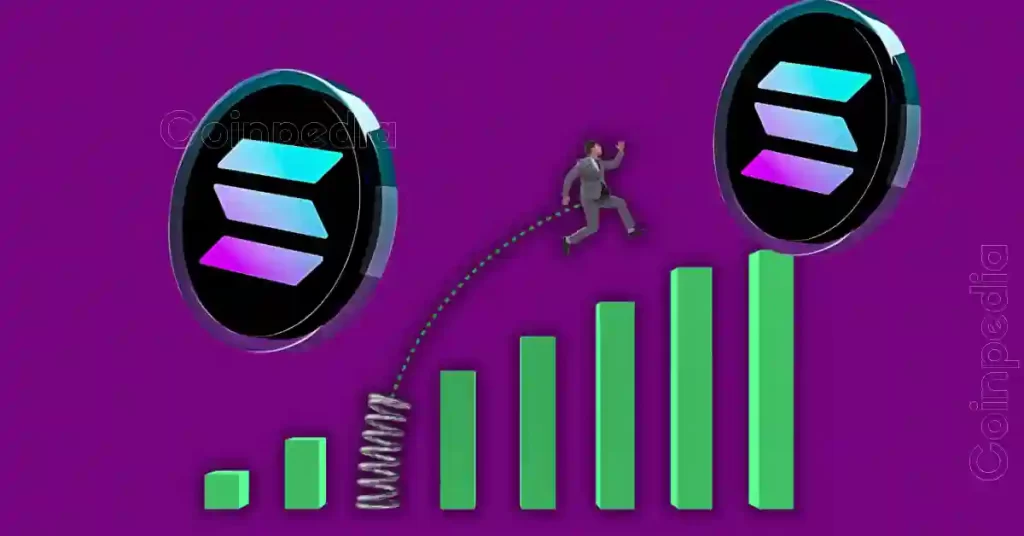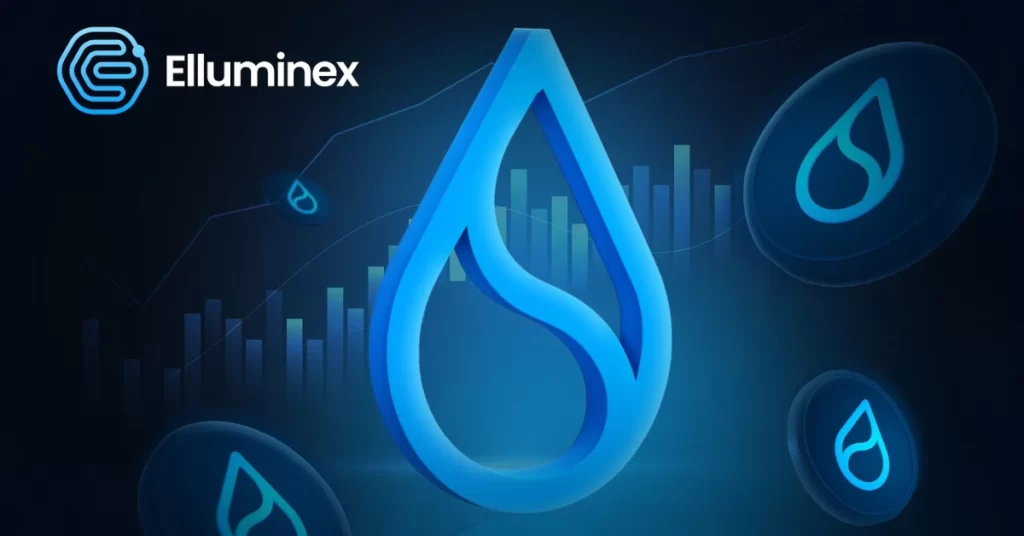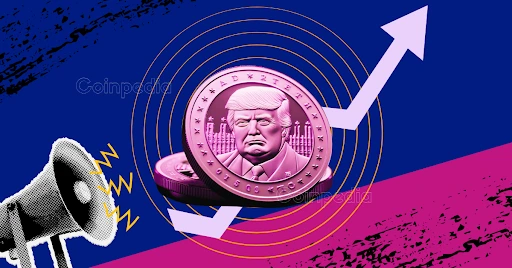Most Read News
Read the Disclaimer : All content provided herein our website, hyperlinked sites, associated applications, forums, blogs, social media accounts and other platforms (“Site”) is for your general information only, procured from third party sources. We make no warranties of any kind in relation to our content, including but not limited to accuracy and updatedness. No part of the content that we provide constitutes financial advice, legal advice or any other form of advice meant for your specific reliance for any purpose. Any use or reliance on our content is solely at your own risk and discretion. You should conduct your own research, review, analyse and verify our content before relying on them. Trading is a highly risky activity that can lead to major losses, please therefore consult your financial advisor before making any decision. No content on our Site is meant to be a solicitation or offer.
en iyi takipçi satın alma sitesi
izmir escort escort izmir izmir escort bayanlar urlexpander.edu.pl dnswhois.edu.pl createaform.com obio.link muzikindirdinle.com izlexl.com downloadbu.com xcryptotrack.com scriptsnulled.net istanbul escort istanbul escort
Adana Escort
Adıyaman Escort
Afyonkarahisar Escort
Ağrı Escort
Aksaray Escort
Amasya Escort
Ankara Escort
Antalya Escort
Ardahan Escort
Artvin Escort
Aydın Escort
Balıkesir Escort
Bartın Escort
Batman Escort
Bayburt Escort
Bilecik Escort
Bingöl Escort
Bitlis Escort
Bolu Escort
Burdur Escort
Bursa Escort
Çanakkale Escort
Çankırı Escort
Çorum Escort
Denizli Escort
Diyarbakır Escort
Düzce Escort
Edirne Escort
Elazığ Escort
Erzincan Escort
Erzurum Escort
Eskişehir Escort
Gaziantep Escort
Giresun Escort
Gümüşhane Escort
Hakkari Escort
Hatay Escort
Iğdır Escort
Isparta Escort
İstanbul Escort
İzmir Escort
Kahramanmaraş Escort
Karabük Escort
Karaman Escort
Kars Escort
Kastamonu Escort
Kayseri Escort
Kırıkkale Escort
Kırklareli Escort
Kırşehir Escort
Kilis Escort
Kocaeli Escort
Konya Escort
Kütahya Escort
Malatya Escort
Manisa Escort
Mardin Escort
Mersin Escort
Muğla Escort
Muş Escort
Nevşehir Escort
Niğde Escort
Ordu Escort
Osmaniye Escort
Rize Escort
Sakarya Escort
Samsun Escort
Siirt Escort
Sinop Escort
Sivas Escort
Şanlıurfa Escort
Şırnak Escort
Tekirdağ Escort
Tokat Escort
Trabzon Escort
Tunceli Escort
Uşak Escort
Van Escort
Yalova Escort
Yozgat Escort
Zonguldak Escort




